INTERVIEWS
Ana López Ortego
Interviewer: Marcela Torres Molano
Language of interview: Spanish
Country of practice: Colombia and France
Profession: Architecture professor; member of the collective Arquitectura Expandida
Ana López is a Spanish architect, geographer, and part time professor at Universidad de los Andes, Colombia. She is a co-founder of Arquitectura Expandida, an architecture studio based in Bogotá, mainly working with community processes for the construction of physical and spatial prototypes in different countries, including Colombia and France. For over a decade, Lopéz has been interested in spatial justice, and the asymmetric power relations that are manifested in the territories. According to Lopez, small-scale projects are essential to generate large social changes, as they allow the development and exploration of designs and prototypes that can directly encourage “representative democracy”.
During our conversation, she tells us about different projects of Arquitectura Expandida in relation to the Colombian transitional justice processes. Among others, an urban community centre that used cultural strategies for social reconciliation; a rural community project, located in a site of multiple massacres, where the initial idea was to create a house of memory, but where wounds of the past did not allow this type of project to develop; and an urban community theater that used symbolic and aesthetic relationships as restorative tools for the resolution of territorial conflicts.
Lastly, Lopéz tells us about the multiple challenges that architecture projects have in transitional justice contexts like Colombia. She explains how architecture for this purpose should always be flexible, and allow communities to include their own memories and wounds of the war in spatial details, to generate collective healing. She also explains the importance of creating work networks between different organizations at the community level, to materialize the experiences of the participants and avoid dynamics of paternalism, hierarchical relationships, or bureaucratic spatial processes that do not respond to the needs of the communities from a local perspective.
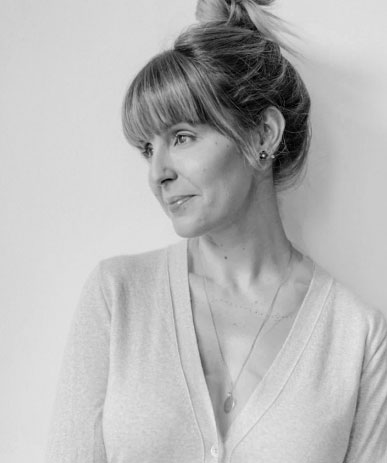
is an author, speaker, columnist, and podcaster in the fields of architecture and decorative arts. She is completing her MA in Art History at Concordia University, Montréal, and holds a Bachelor of Commerce with a major in Marketing from John Molson School of Business. She studied Industrial Psychology in Los Angeles, California. Sicotte is the author of two published books on design (2015, 2018) published by Les Éditions Cardinal.

is a Colombian PhD candidate in the Department of Art History at Concordia University. She has a background in architectural design and community activism and holds a master’s degree in Building and Urban Design from the Bartlett School of Architecture in London, England. Her interests focus on socially-engaged art, social movements, collaborative activism in post-conflict scenarios, collectively-produced art, and art produced in relation to the built environment.
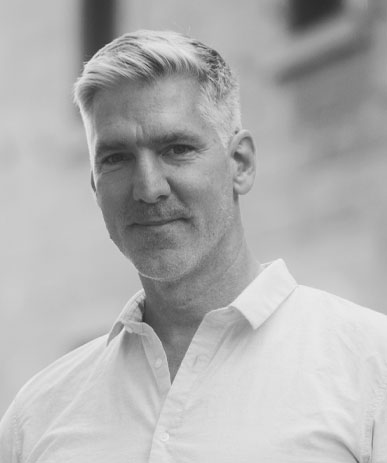
is a PhD candidate in Humanities at Concordia University. His research focuses on spatial agency, social aesthetics, youth narratives, and graphic representations of urban memory. He has published on the relationship between children, play, and public space in Cartagena, Colombia. He has also worked as an editor on literary projects, including Territorio Fértil, which received the María Nelly Murillo Hinestroza award for Afro-Colombian literature.
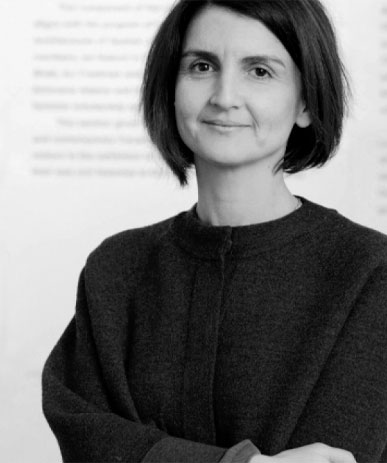
is Associate Professor and Canada Research Chair in Architectures of Spatial Justice (Tier 2) at the Peter Guo-hua Fu School of Architecture at McGill University, Montréal, Québec, Canada. Her research interests include low-income housing and participatory design, civil protest and urban design, and campus landscapes and race. Her publications include the co-edited book, Orienting Istanbul (2010) and solo-authored book, Istanbul Open City (2018).
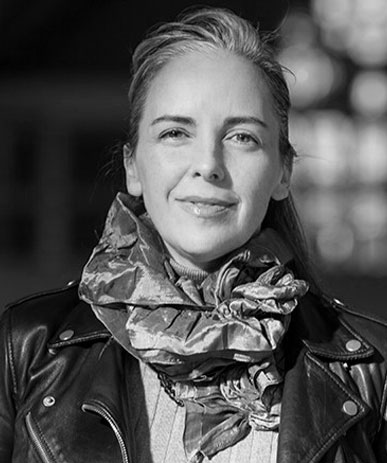
is an artist and a professor of Art History at Concordia University. Her work focuses on women and the history of the built environment, urban landscapes, research-creation, and oral history. She has published on the spatial history of the suffrage movement, public art, gardens, and the politics of urban change. In addition to her research on the spaces of restorative and transitional justice, she is leading an oral history project on the urban memories of diverse Montrealers.
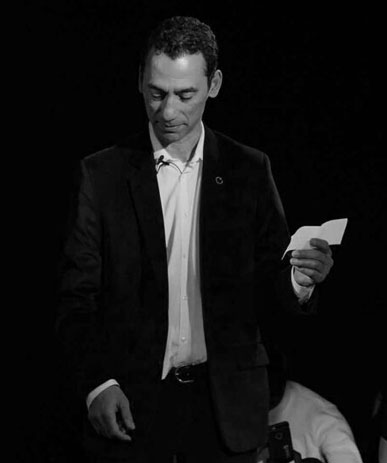
is Associate Professor in the Department of Theatre at Concordia University, Montreal (Quebec, Canada). He is also the second co-director of Concordia’s Centre for Oral History and Digital Storytelling. His latest publications explore listening in the context of post-conflict performances of memory. For instance, see ‘Facilitating voicing and listening in the context of post-conflict performances of memory. The Colombian scenario.’ In: De Nardi, S., Orange, H., et al. Routledge Handbook of Memoryscapes. Routledge: London. (2019), and his article ‘Not being able to speak is torture: performing listening to painful narratives’. International Journal of Transitional Justice, Special Issue Creative Approaches to Transitional Justice: Contributions of Arts and Culture. (March, 2020)